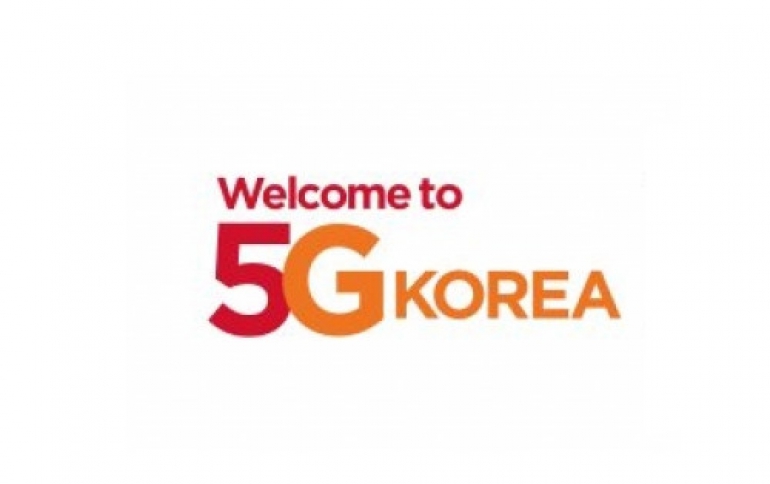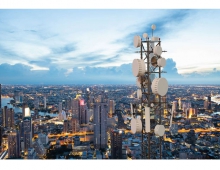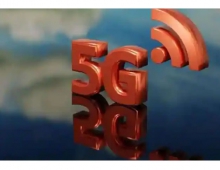
Mobile Carriers Admit 5G Problems in South Korea
Following consumer complaints, South Korea's mobile carriers admitted their recently launched 5G services failed to meet consumer expectations.
SK Telecom, KT and LG Uplus have publicly acknowledged their 5G networks had issues in delivery as some subscribers have been complaining their services are not as speedy and secure as advertised.
Faced with criticism ranging from low speeds to poor connectivity since the launch of 5G network services earlier this month, the mobile carriers’ chiefs have pledged to improve their services with wider coverage and faster speeds.
“We have to be humble in accepting the consumers’ complaints about our shortcomings during the initial stage,” LG Uplus quoted its chairman Ha Hyeon-hoe as saying at a meeting on Friday. “It is time to focus our efforts to achieve the best quality of 5G network.
Yonhap
LG Uplus said it will introduce technology that allows for dual connectivity of the 5G and its previous 4G Long Term Evolutions. Called “5G NR dual connectivity” of “5G EN-DC,” the technology can increase average speed of 5G network by up to 200 megabits per second.
SK Telecom, whose chief Park Jung-ho said in an emergency executive meeting on April 10 that while the company fell short of meeting consumer expectations, also promised to improve 5G services.
KT followed suit as its chief Hwang Chang-gyu accepted criticism during a meeting with lawmakers. Stressing that the country’s 5G network services were at an early stage, Hwang pledged to improve the quality as soon as possible.
Consumers here have complained of difficulties in accessing the 5G network even in Seoul and the surrounding metropolitan area. Some 5G smartphone users have reported malfunctions in the transition between 5G and 4G, or Long Term Evolution.
Samsung Electronics has released a series of software updates for the Galaxy S10 5G, LG Electronics has announced it will delay the launch of its first 5G-powered smartphone, the V50 ThinQ.
South Korea has pledged to establish a full-fledged nationwide 5G network within three years.





















